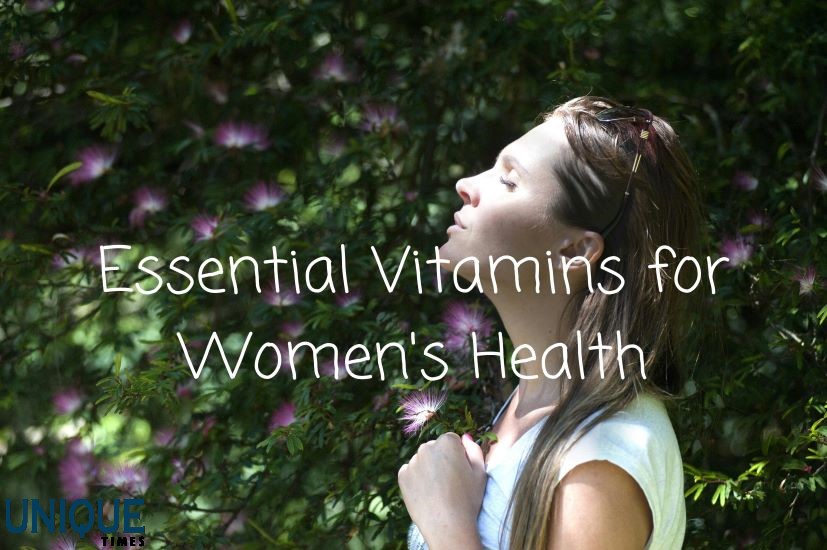5 Vitamins Women Should Include in Their Daily Health Routine

Maintaining optimal health and wellness is a priority for women of all ages, and ensuring adequate vitamin intake is an essential aspect of a balanced lifestyle. Vitamins play crucial roles in various bodily functions, including metabolism, immune function, and hormone regulation. Here are five vitamins that women should consider including in their daily health routine to support overall well-being:
1. Vitamin D
Often referred to as the “sunshine vitamin,” vitamin D is crucial for maintaining strong bones and teeth, as it helps the body absorb calcium. Additionally, vitamin D plays a role in immune function and may help reduce the risk of certain chronic diseases, including osteoporosis, heart disease, and certain cancers. Women who live in regions with limited sunlight or spend most of their time indoors may be at risk of vitamin D deficiency and may benefit from supplementation.
2. Vitamin B12
Vitamin B12 is essential for energy production, nerve function, and the synthesis of DNA and red blood cells. Adequate intake of vitamin B12 is especially important for women, as deficiency can lead to fatigue, weakness, and neurological symptoms. Vitamin B12 is primarily found in animal products such as meat, fish, eggs, and dairy, so vegetarian and vegan women may need to supplement their diet to meet their needs.
3. Folate (Vitamin B9)
Folate, or vitamin B9, is crucial for cell division and the synthesis of DNA and RNA. Adequate folate intake is particularly important for women of childbearing age, as it helps prevent neural tube defects in developing fetuses during pregnancy. Women who are pregnant or planning to become pregnant should ensure they get enough folate through diet or supplementation. Good dietary sources of folate include leafy green vegetables, legumes, citrus fruits, and fortified grains.
4. Vitamin C
Vitamin C is a powerful antioxidant that plays a vital role in immune function, collagen production, and wound healing. It also helps the body absorb iron from plant-based foods and promotes healthy skin, gums, and blood vessels. While vitamin C deficiency is rare in developed countries, ensuring adequate intake through diet or supplementation can support overall health and well-being.
5. Iron
Iron is essential for the production of hemoglobin, a protein in red blood cells that carries oxygen from the lungs to the rest of the body. Women have higher iron requirements than men due to blood loss during menstruation and the increased demands of pregnancy. Iron deficiency can lead to anemia, fatigue, weakness, and impaired immune function. Good dietary sources of iron include lean meats, poultry, fish, legumes, tofu, spinach, and fortified cereals.
In addition to incorporating these vitamins into their daily health routine, women should strive to maintain a balanced diet rich in fruits, vegetables, whole grains, lean proteins, and healthy fats. Regular physical activity, adequate sleep, and stress management are also essential components of a healthy lifestyle for women of all ages. Prioritizing overall wellness and taking proactive steps to support health through proper nutrition and lifestyle choices can help women thrive and lead fulfilling lives.
Picture Courtesy: Google/images are subject to copyright








